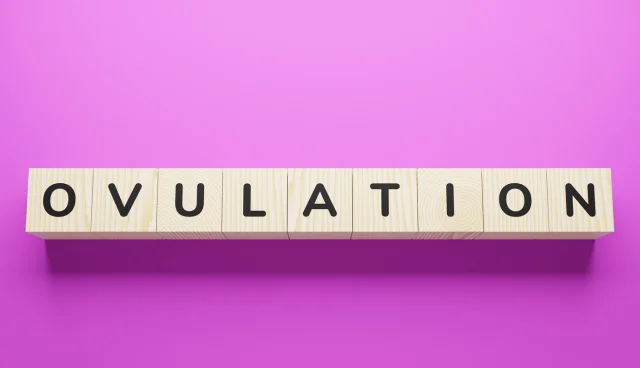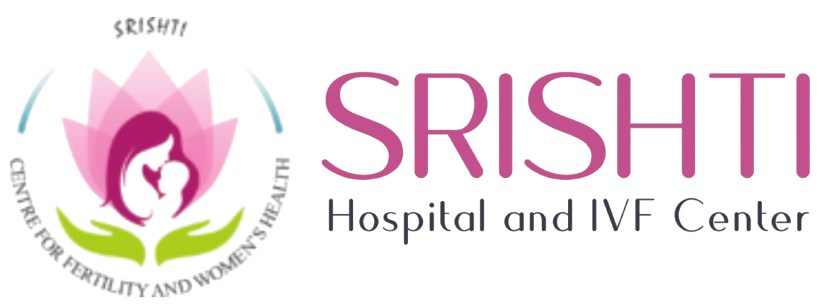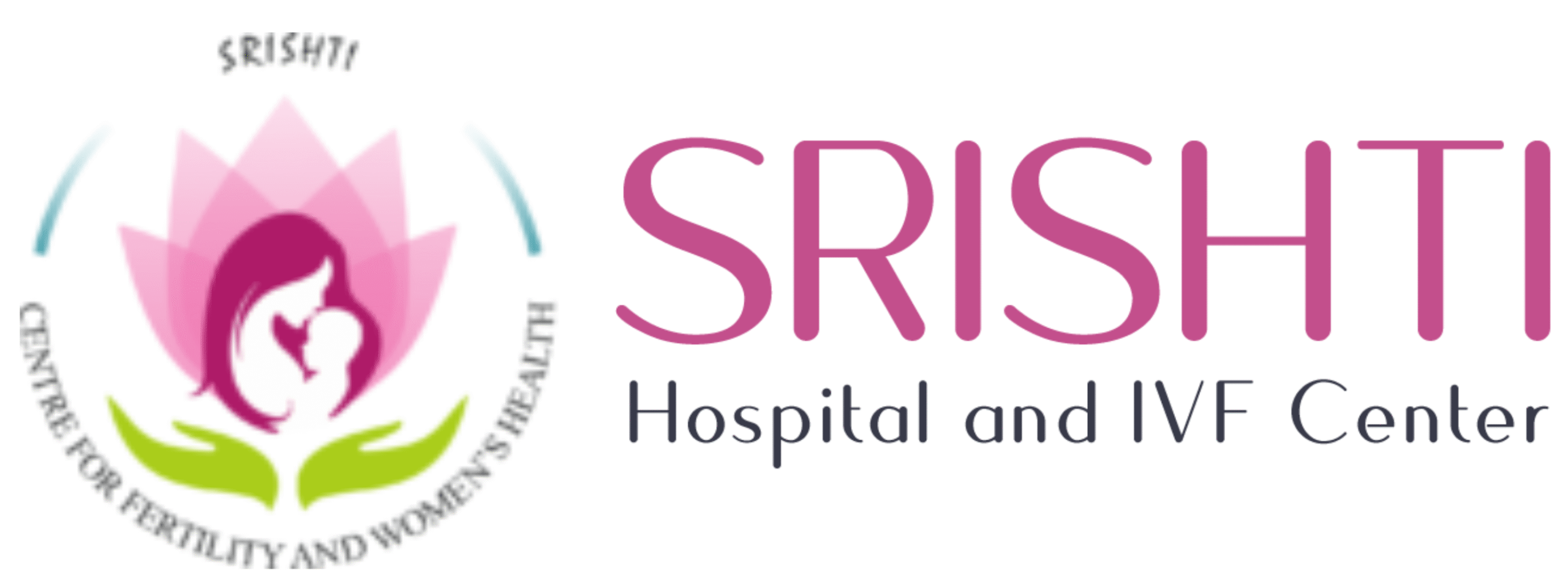
Your Step-by-Step Guide to Ovulation Induction Treatment
For couples struggling with infertility, the journey to parenthood can be a challenging and emotional one. Ovulation induction treatment is a valuable option for those facing difficulties in conceiving naturally. In this comprehensive guide, we will walk you through the process of ovulation induction, explaining what it is, how it works, and when it’s recommended. Whether you’re dealing with polycystic ovary syndrome (PCOS) or other fertility issues, understanding the steps involved in ovulation induction can help you make informed decisions on your path to parenthood.
What Is Ovulation Induction?
Ovulation induction is a medical intervention designed to stimulate the ovaries to produce and release eggs (ova). It’s a common treatment option for women who face challenges in ovulating regularly, which can be a significant hurdle to achieving pregnancy. This procedure is typically administered under the guidance of a fertility doctor or reproductive specialist.
When Is Ovulation Induction Recommended?
Ovulation induction is recommended in several scenarios:
- Anovulation: If you are not ovulating regularly or have irregular menstrual cycles, ovulation induction may be recommended to help regulate your ovulation.
- Polycystic Ovary Syndrome (PCOS): Women with PCOS often have irregular periods and hormonal imbalances that can hinder ovulation. Ovulation induction can be particularly beneficial for those with PCOS.
- Unexplained Infertility: When other causes of infertility have been ruled out, and there are no apparent issues with sperm quality or quantity, ovulation induction may be suggested as a treatment option.
- Male Factor Infertility: In some cases, when the male partner has infertility issues, ovulation induction can be used in conjunction with intrauterine insemination (IUI) or in vitro fertilization (IVF) to increase the chances of conception.
Consultation with a Fertility Doctor
The first and crucial step in the ovulation induction journey is to schedule a consultation with a fertility doctor or reproductive specialist. During this initial appointment, you will discuss your medical history, any underlying conditions, and your fertility goals. The doctor will perform a thorough examination and may order certain tests to assess your ovarian function and overall reproductive health. Your fertility doctor will use this information to create a personalized treatment plan tailored to your specific needs and circumstances.
Medications for Ovulation Stimulation
Ovulation induction primarily involves the use of medications to stimulate the ovaries. The choice of medication may vary depending on the underlying cause of infertility and your individual response to treatment. Here are some common medications used in ovulation induction:
a) Clomiphene Citrate (Clomid): One of the most often recommended drugs for ovulation induction is clomiphene citrate, which is frequently offered under the trade name Clomid. It functions by inhibiting the brain’s oestrogen receptors, which increases the synthesis of the hormones follicle-stimulating hormone (FSH) and luteinizing hormone (LH). This, in turn, triggers the development and release of eggs.
b) Gonadotropins: Gonadotropins are synthetic versions of FSH and LH. They are administered via injections and are often used when clomiphene citrate is not effective or for more precise control of ovulation.
c) Letrozole: Letrozole is another medication that may be used for ovulation induction. It works by reducing estrogen levels, which can stimulate the ovaries to produce more FSH and promote ovulation.
Your fertility doctor will monitor your progress closely through blood tests and ultrasounds to ensure that the medication is having the desired effect and to minimize the risk of multiple pregnancies.
Monitoring Your Cycle
Regular monitoring is an essential aspect of ovulation induction treatment. Your fertility doctor will schedule regular check-ups to track the progress of your cycle and adjust your medication dosage if necessary. This monitoring helps ensure that your ovaries are responding appropriately to the treatment and that the risk of complications is minimized.
Timing of Intercourse or Fertility Procedures
Once the monitoring reveals that your eggs are maturing and ovulation is imminent, your fertility doctor will provide guidance on the optimal timing for intercourse or any fertility procedures such as in vitro fertilisation (IVF) or intrauterine insemination (IUI). Timing is crucial to maximize the chances of conception.
Potential Side Effects and Risks
While ovulation induction can be highly effective, it is essential to be aware of potential side effects and risks associated with the medications and procedures involved. Some common side effects may include:
- Hot flashes
- Mood swings
- Abdominal discomfort
- Ovarian hyperstimulation syndrome (OHSS) in rare cases
It’s crucial to communicate any unusual symptoms or discomfort with your fertility doctor promptly.
Achieving Pregnancy
The ultimate goal of ovulation induction is, of course, achieving pregnancy. After timing intercourse or fertility procedures appropriately, you’ll need to wait a couple of weeks before taking a pregnancy test. Your fertility doctor will provide guidance on when to test and what to expect.
Keep in mind that ovulation induction doesn’t guarantee pregnancy, and it may take multiple cycles or a combination of treatments to achieve your desired outcome.

Ovulation Induction in Polycystic Ovary Syndrome (PCOS)
Polycystic ovary syndrome (PCOS) is a common condition that often leads to irregular ovulation or anovulation. Ovulation induction is frequently used to manage fertility issues in women with PCOS.
Women with PCOS may require slightly different approaches to ovulation induction due to the hormonal imbalances associated with the condition. Medications like clomiphene citrate or letrozole are often used, but the dosage and monitoring may be adjusted to address the specific needs of PCOS patients.
Conclusion
Ovulation induction treatment offers hope and a practical solution for couples facing infertility issues. Whether you’re dealing with PCOS or other causes of irregular ovulation, the guidance of a fertility doctor, coupled with appropriate medications and careful monitoring, can significantly increase your chances of conceiving.
Remember that every individual’s journey is unique, and it may take time and patience to achieve your desired outcome. Regular communication with your fertility doctor, adherence to the prescribed treatment plan, and emotional support are all crucial components of a successful ovulation induction journey.
If you’re considering ovulation induction or have been struggling with infertility, don’t hesitate to reach out to a fertility specialist. With the right guidance and treatment, your dream of parenthood can become a reality through ovulation induction.

